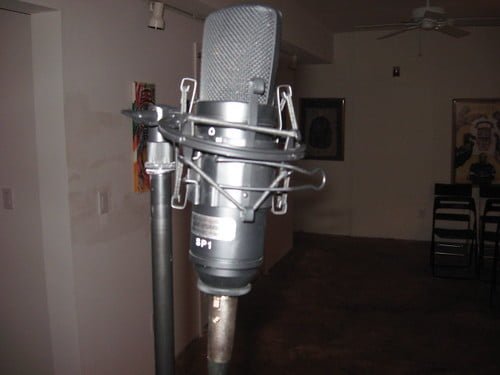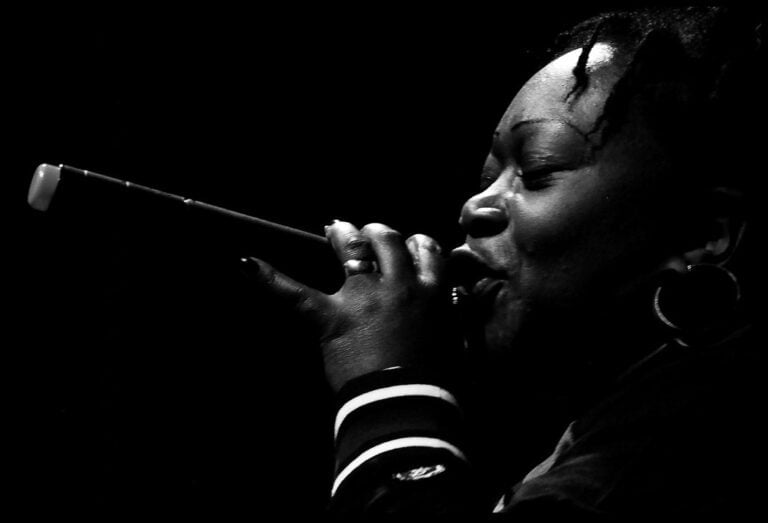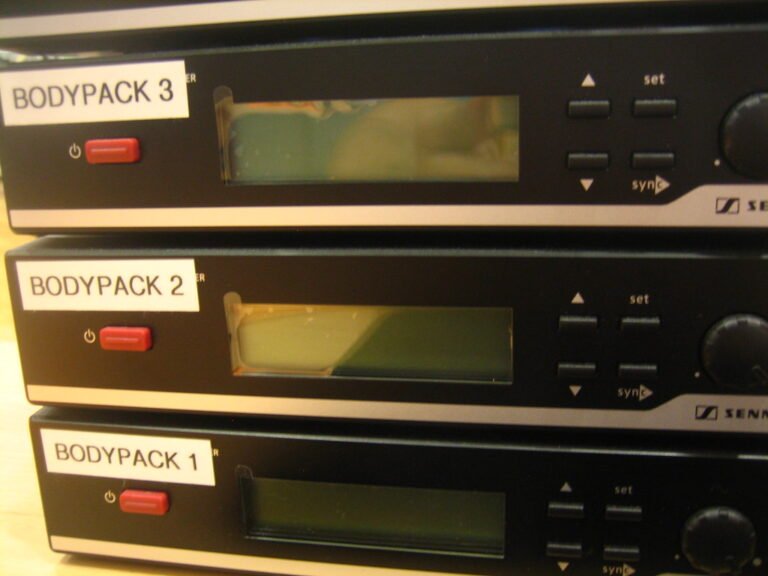Exploring Condenser Vs. Dynamic Microphones: Which Is Right for You?
Hey there! Are you on the hunt for the perfect microphone that suits your needs? Well, guess what? Your search stops here! In this article, we're gonna take a deep dive into the wonderful world of condenser and dynamic microphones. We'll unravel their key differences and help you figure out which one is the right fit for you. So, whether you're a rockstar in the making, a podcast aficionado, or a content creator extraordinaire, get ready to make a savvy decision that'll elevate your audio recordings to a whole new level. Let's dive in, shall we?
We are supported by our audience. When you purchase through links on our site, we may earn an affiliate commission, at no extra cost for you. Learn more.
Understanding Condenser Microphones
If you're deciding between condenser and dynamic microphones, understanding the unique characteristics and benefits of condenser microphones can help you make an informed choice. Condenser microphones are known for their sensitivity and ability to capture the smallest of details, making them an excellent choice for capturing vocals and acoustic instruments. These microphones use a diaphragm and a backplate to create a capacitor that converts sound waves into electrical signals. They require an external power source, usually in the form of phantom power, to operate effectively. Condenser microphones offer a wide frequency response, allowing for accurate reproduction of high and low frequencies. They also have a low self-noise level, meaning they capture audio with minimal interference. Additionally, condenser microphones often come with features such as adjustable polar patterns and high-pass filters, providing versatility and control over the recording process. Overall, condenser microphones are the preferred choice for studio recording and capturing detailed, high-quality audio.
Exploring Dynamic Microphones
When choosing a microphone, you frequently encounter the question of whether to go with a condenser or a dynamic microphone. While condenser microphones are known for their sensitivity and accuracy, dynamic microphones offer their own unique advantages. Dynamic microphones are more robust and durable, making them suitable for both indoor and outdoor use. They can handle high sound pressure levels without distorting, making them ideal for capturing loud sources such as drums or guitar amplifiers. Additionally, dynamic microphones do not require external power sources, which makes them more versatile in various recording and live sound applications. They also have a more focused pickup pattern, allowing for better isolation of the desired sound source and minimizing unwanted background noise. Overall, dynamic microphones provide a reliable and versatile option for capturing sound in a wide range of settings.
Key Differences Between Condenser and Dynamic Microphones
To determine the right microphone for you, it is essential to understand the key differences between condenser and dynamic microphones. Condenser microphones are known for their sensitivity and accuracy in capturing sound. They use a thin diaphragm that vibrates in response to sound waves, converting them into electrical signals. This makes condenser microphones ideal for capturing vocals, acoustic instruments, and studio recordings. On the other hand, dynamic microphones are more rugged and durable, making them suitable for live performances and outdoor use. They use a coil and magnet system to generate electrical signals, which makes them less sensitive but more resistant to handling noise and high sound pressure levels. Understanding these differences will help you choose the right microphone for your specific needs and ensure optimal audio quality.
Factors to Consider When Choosing a Microphone Type
When considering which microphone type is right for you, it is important to take into account several factors. First, consider the intended use of the microphone. If you plan to use it for live performances or recording vocals in a studio setting, a condenser microphone may be the best choice. Condenser microphones are known for their sensitivity and ability to capture detailed sound. On the other hand, if you need a microphone for outdoor or high-volume environments, a dynamic microphone might be more suitable. Dynamic microphones are known for their durability and ability to handle loud sound sources. Additionally, consider the power source required for the microphone. Condenser microphones typically require phantom power, while dynamic microphones do not. Ultimately, choosing the right microphone type depends on your specific needs and preferences.
Choosing the Right Microphone for Your Needs
Now that you have considered the factors involved in choosing a microphone type, let's delve into selecting the right microphone for your specific needs. When choosing a microphone, it is important to consider the intended use and the environment in which it will be used. If you are looking for a microphone that excels in capturing vocals or acoustic instruments with great detail and sensitivity, a condenser microphone is the way to go. On the other hand, if you need a microphone that can handle high sound pressure levels and is more rugged and durable, a dynamic microphone would be a better choice. Additionally, consider the microphone's frequency response, polar pattern, and connectivity options to ensure compatibility with your recording or sound reinforcement setup. By carefully considering these factors, you can find the perfect microphone to meet your specific needs.
Conclusion
In conclusion, when deciding between condenser and dynamic microphones, it is essential to consider your specific needs and the intended use of the microphone. Condenser microphones are ideal for capturing detailed and nuanced sound, making them suitable for studio recordings and capturing vocals. On the other hand, dynamic microphones are more durable and versatile, making them a better choice for live performances and outdoor recording. Ultimately, the right microphone for you will depend on your specific requirements and budget.







